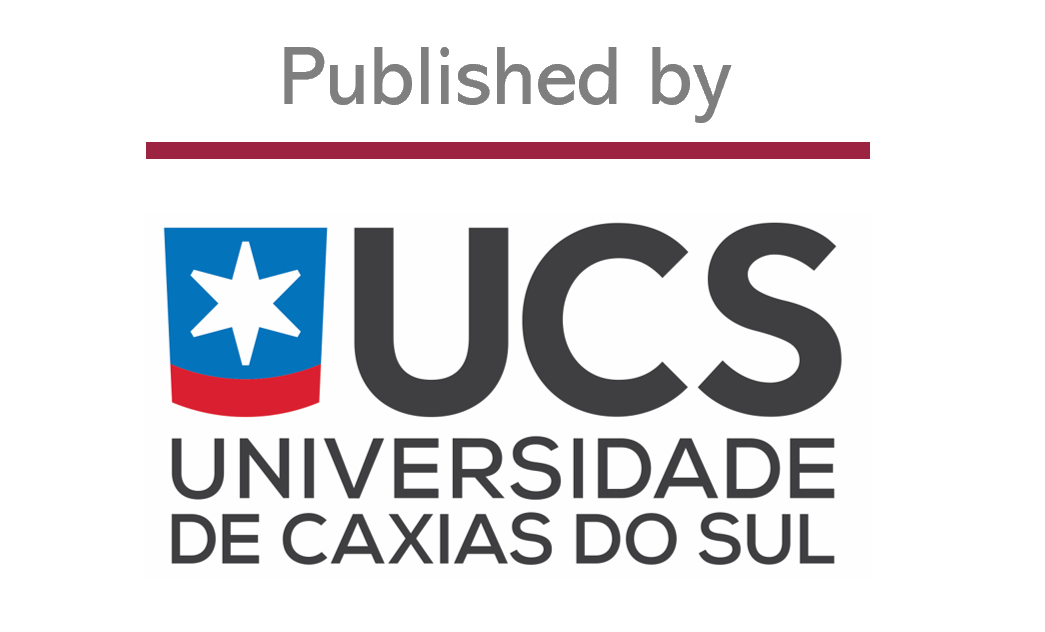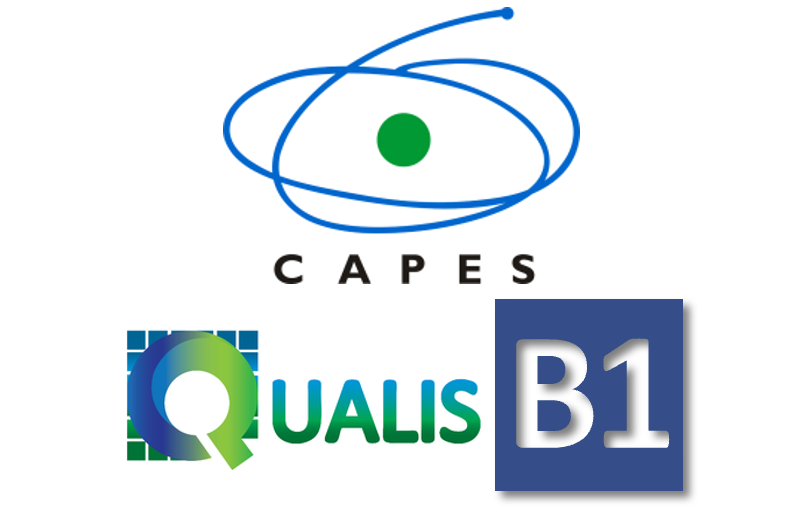Online newspapers as an effective tool to generate interest in reading for students of Youth and Adult Education
Abstract
One of the main challenges to improve the quality of Brazilian education is to promote reading and an understanding of what is read. This situation is more complex in Youth and Adult Education, which has focused on students who exhibited academic failure in mainstream classes or had not engaged in reading and writing for many years. In addition to adolescents, adults and elderly individuals have the same interests when they are in school; however, the identification of a way to engage these different audiences is a challenge. Thus, we propose reading newspapers online to generate an interest in reading, as well as determining how to select updated texts that are able to draw the attention of students. The findings indicated 100% of the students were satisfied with the activity. Nevertheless, when the times of reading performed in the Educational Computer Laboratory and classroom were compared, the evaluation that employed computer tools was far superior to the classroom. We conclude that although online newspaper reading is quite simple and easy to perform, it is an important tool capable of stimulating and developing the taste and habit of reading and is effective for different audiences.
References
Barthes, R., Compagnon, A. (1987) Leitura. In: Enciclopédia Einaudi, vol.11. Lisboa: Imprensa Nacional Casa da Moeda, 1987.
BBC (2014). Disponível online: http://www.bbc.co.uk/portuguese/noticias/2014/05/1405
Boud, D. (2001). Using journal writing to enhance reflective practice. In L. M. English, & M. A. Gillen (Eds.), Promoting journal writing in adult education (pp. 9–18). San Francisco: Joseey Bass.
Chang, M.-M.; Lin, M.-C. (2014). The effect of reflective learning e-journals on reading comprehension and communication in language learning. Computers & Education, 71, 124-132.
Chen, N. S., Kinshuk, Wei, C. W., & Liu, C. C. (2011). Effects of matching teaching strategy to thinking style on learner’s quality of reflection in an online learning environment. Computers & Education, 56, 53-64.
Fundo Monetário Internacional (2013). Disponível online: http://www.imf.org/external/pubs/ft/weo/2013/02/weodata/index.aspx
Gois, A. (2014). Disponível online: http://oglobo.globo.com/sociedade/sem-incentivo-leitura-13245456
Mesquita, A. (2006). Como formar novos leitores? Nuances: estudos sobre Educação. 13, 15-30.
Morrison, K. (1996). Developing reflective practice in higher degree students through a learning journal. Studies in Higher Education, 21, 317-332.
Souza, R.J.; Sousa, A.C. (Org.). (2005). Nas teias do saber. São Paulo: Editora Produções.
Zilberman, R. (1991). A leitura e o ensino da literatura. São Paulo: Editora Contexto.
Downloads
Published
How to Cite
Issue
Section
License
Declaração de originalidade e cessão de direitos autorais
Declaro que o presente artigo é original, não está sendo tendo sido submetido à publicação em qualquer outro periódico nacional ou internacional durante o processo de revisão. Através deste instrumento, em meu nome e em nome dos demais co-autores, porventura existentes, cedo os direitos autorais do referido artigo à revista SCIENTIA CUM INDUSTRIA. Contudo, a reprodução total ou parcial impressa ou eletrônica pode ser feita desde que o autor comunique oficialmente à revista. Declaro estar ciente de que a não observância deste compromisso submeterá o infrator a sanções e penas previstas na Lei de Proteção de Direitos Autorias. Declaro estar ciente de que a não observância deste compromisso submeterá o infrator a sanções e penas previstas na Lei de Proteção de Direitos Autorias (Nº9610, de 19/02/1998).





